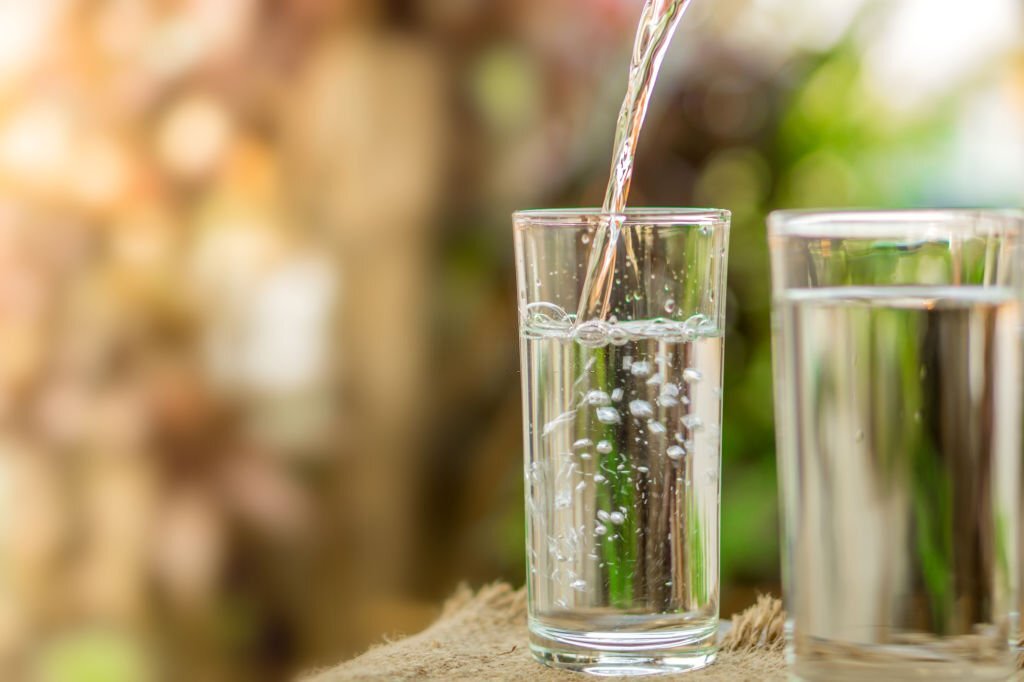Are you looking for a natural way to improve your digestive system’s health? Water fasting might be the answer you’ve been searching for. In this article, we will explore the benefits of water fasting for your digestive system, how it rejuvenate your digestive system, and the steps to follow for a successful water fast.
Table of Contents
What is Water Fasting?
Water fasting is a practice that involves abstaining from all food and beverages except water for a designated period. It is a form of intermittent fasting that has gained popularity due to its potential health benefits. By consuming only water, your body enters a state of rest and repair, allowing your digestive system to take a break and focus on healing and rejuvenation.
Benefits of Water Fasting for Digestive Health
Water fasting offers several benefits for your digestive system:
- Promotes Gut Rest: During a water fast, your digestive system gets a much-needed break from processing food, which allows it to rest and recover. This restorative period can alleviate digestive issues such as bloating, indigestion, and acid reflux.
- Improves Gut Microbiome: The gut microbiome plays a crucial role in maintaining digestive health. Water fasting helps rebalance the gut microbiota, promoting the growth of beneficial bacteria and reducing harmful ones. This can enhance nutrient absorption and support overall gut health.
- Reduces Inflammation: Inflammation in the digestive tract can lead to various digestive disorders. Water fasting has been shown to reduce inflammation markers in the body, potentially alleviating symptoms of conditions like inflammatory bowel disease and irritable bowel syndrome.
How Does Water Fasting Rejuvenate the Digestive System?
Water fasting rejuvenates the digestive system through various mechanisms:
- Autophagy: During a water fast, your body enters a state of autophagy, a process in which damaged cells and toxins are broken down and eliminated. This cellular cleanup extends to the digestive system, helping to remove damaged cells and regenerate healthier ones.
- Enhanced Detoxification: By abstaining from food and relying solely on water, you support the body’s natural detoxification processes. Water helps flush out toxins from the body, allowing the liver and kidneys to function optimally and eliminate waste more effectively.
- Improved Nutrient Absorption: A rejuvenated digestive system can better absorb nutrients from food. After a water fast, your gut lining may be healthier, facilitating the absorption of essential vitamins, minerals, and macronutrients.
Preparing for a Water Fast
Before embarking on a water fast, it’s important to prepare your body and mind:
- Consult with a Healthcare Professional: If you have any underlying health conditions or are taking medications, it’s crucial to consult with a healthcare professional before starting a water fast. They can evaluate your particular situation and offer advice.
- Gradual Transition: Ease into the fast by gradually reducing your food intake in the days leading up to the fast. This helps minimize potential side effects and eases the transition into the fasting state.
- Hydration: Proper hydration is essential before and during the water fast. Make sure to drink plenty of water in the days leading up to the fast to ensure your body is adequately hydrated.
The Water Fasting Process
Once you’re prepared, you can begin the water fasting process:
- Choose the Duration: Decide on the duration of your water fast. Beginners typically start with shorter fasts, such as 24 or 48 hours, while more experienced individuals may opt for longer fasts ranging from three to seven days. It’s important to listen to your body and choose a duration that feels comfortable for you.
- Monitor Your Body: During the fast, pay close attention to how your body feels. It’s normal to experience hunger pangs, fatigue, or light-headedness, especially in the first few days. However, if you experience severe discomfort or concerning symptoms, it’s crucial to stop the fast and seek medical advice.
- Stay Hydrated: Drink an ample amount of water throughout the fast to maintain hydration. Aim for at least eight glasses of water per day or more if you feel thirsty. However, avoid excessive water intake, as it may disrupt electrolyte balance.
Tips for a Successful Water Fast
Consider these tips to make your water fast more successful:
- Find Support: Joining a community or finding a fasting buddy can provide support and motivation during the fast. You can share experiences, seek advice, and stay accountable together.
- Manage Stress: Stress can impact your fasting experience. Use stress-reduction strategies like meditation, deep breathing exercises, or leisure pursuits to reduce your stress levels.
- Listen to Your Body: Pay attention to your body’s signals and adjust the fast accordingly. If you feel unwell or experience prolonged discomfort, it’s essential to break the fast and prioritize your health.
Potential Risks and Precautions
While water fasting can offer benefits, it’s important to be aware of potential risks and take necessary precautions:
- Nutrient Deficiencies: Prolonged water fasting may lead to nutrient deficiencies. It’s crucial to ensure you replenish essential nutrients after the fast by consuming a balanced and nutritious diet.
- Dehydration: Inadequate water intake during the fast can result in dehydration. Stay vigilant about drinking enough water and seek medical attention if you experience signs of dehydration, such as excessive thirst, dry mouth, or dark-colored urine.
Breaking the Fast
Breaking a water fast is a gradual process to allow your digestive system to readjust:
- Start with Small Portions: Begin with small, easily digestible meals or snacks to reintroduce solid foods to your system. Avoid heavy, greasy, or processed foods initially.
- Include Nutrient-Rich Foods: Prioritize whole, nutrient-dense foods such as fruits, vegetables, lean proteins, and healthy fats. These foods support digestive health and provide essential nutrients to nourish your body.
Post-Fasting Care for Digestive Health
After completing a water fast, take steps to support and maintain your digestive health:
- Probiotics: Consider incorporating probiotic-rich foods or supplements to support a healthy gut microbiome. Probiotics introduce beneficial bacteria to the digestive system, promoting balance and overall gut health.
- Fiber-Rich Foods: Gradually increase your intake of fiber-rich foods, such as whole grains, legumes, and vegetables. Fiber supports regular bowel movements and helps maintain a healthy digestive system.
Incorporating Water Fasting into Your Lifestyle
Water fasting doesn’t have to be a one-time event. Consider incorporating intermittent water fasting into your lifestyle to reap ongoing benefits for your digestive system:
- Intermittent Fasting: Intermittent fasting is an approach where you cycle between periods of eating and fasting. One common method is the 16/8 method, where you fast for 16 hours and have an eating window of 8 hours each day. This allows your digestive system to have regular periods of rest and rejuvenation, promoting overall gut health.
- Modified Fasting: If prolonged water fasting is not suitable for you, you can explore modified fasting methods. This involves consuming a limited number of calories or following specific dietary protocols while still reaping some of the benefits of fasting.
Remember to listen to your body and consult with a healthcare professional or nutritionist before making any significant changes to your diet or lifestyle.
Conclusion
Water fasting offers a natural and effective way to rejuvenate your digestive system. By giving your body a break from food and allowing it to rest and repair, you can experience various benefits such as improved gut health, reduced inflammation, and enhanced nutrient absorption. However, it’s essential to approach water fasting with proper preparation, listen to your body, and prioritize your overall well-being. If you’re considering water fasting, consult with a healthcare professional for personalized guidance and support.









